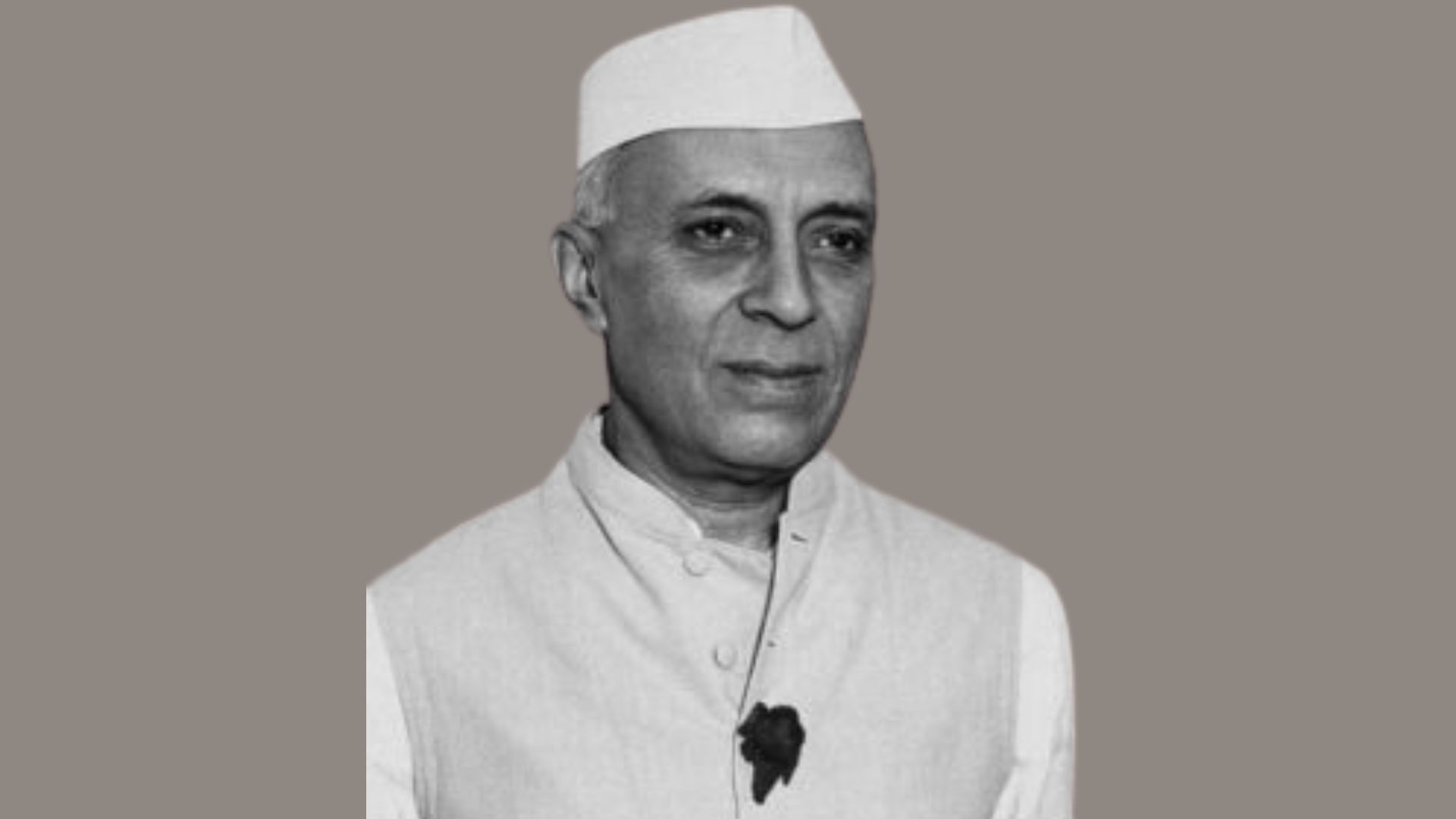
Jawaharlal Nehru Biography
Table of Contents
Jawaharlal Nehru (1889-1964) was a prominent Indian nationalist leader, a key figure in the Indian independence movement, and the first Prime Minister of independent India. His vision and policies shaped modern India, making him one of the most influential statesmen in the country’s history.
Early Life and Education
Jawaharlal Nehru was born on November 14, 1889, in Allahabad (now Prayagraj), India, into a wealthy Kashmiri Brahmin family. His father, Motilal Nehru, was a prominent lawyer and politician, who was deeply involved in the Indian National Congress (INC), the primary organization advocating for India’s independence from British rule.
Nehru received his early education at home and then went to England to study at Harrow School and later at Trinity College, Cambridge, where he earned a degree in natural science. He also studied law at the Inner Temple in London. His time in Britain exposed him to Western political ideologies, liberalism, and the ideas of democracy and socialism.
Return to India and Political Involvement
After returning to India in 1912, Nehru became involved in the Indian nationalist movement. Influenced by the political climate and the writings of leaders such as Mahatma Gandhi, he joined the Indian National Congress in 1919. He quickly rose through the ranks, becoming a prominent voice for Indian independence.
Nehru was an advocate for complete independence from British rule and often clashed with moderate leaders within the INC who sought constitutional reforms. His commitment to socialism and his vision for a secular, democratic India resonated with many young Indians.
The Role of the Indian National Congress
Nehru played a crucial role in the INC’s transformation into a mass movement. He participated in various protests against colonial rule, including the Non-Cooperation Movement (1920-1922) and the Civil Disobedience Movement (1930-1934). His imprisonment during these movements further elevated his status as a leader among Indians.
In 1936, he became the President of the INC, and by the late 1930s, he was firmly established as a principal leader of the Indian independence struggle. During World War II, he opposed British involvement in the war and called for the Quit India Movement in 1942, which demanded an end to British rule in India. He was imprisoned again, along with many other leaders, until 1945.
The Road to Independence
After the war, the British government, weakened by the conflict and growing anti-colonial sentiments, began to negotiate with Indian leaders. Nehru emerged as one of the key figures in discussions for India’s independence. His collaboration with Gandhi and other leaders helped unite various factions within the nationalist movement.
Nehru was a proponent of a united India, emphasizing secularism and nationalism. However, tensions between Hindus and Muslims escalated, leading to demands for a separate Muslim state, which culminated in the formation of Pakistan. The partition of India in August 1947 led to widespread communal violence and mass migrations.
Prime Minister of Independent India
On August 15, 1947, India gained independence, and Nehru became the nation’s first Prime Minister. In his inaugural speech, he declared, “At the dawn of history, India started on her unending quest, and trackless centuries are filled with her striving and the grandeur of her successes and her failures.” His vision for India included economic modernization, scientific progress, and social justice.
Nehru adopted a policy of non-alignment during the Cold War, positioning India as a leader in the Non-Aligned Movement, which sought to maintain independence from both the Western and Soviet blocs. He championed social reforms, aimed at eradicating poverty and improving education, health, and women’s rights.
Legacy and Challenges
Nehru’s tenure as Prime Minister was marked by significant achievements, including the establishment of a democratic political framework, industrialization, and infrastructure development. He promoted education and science, believing that a modern nation must prioritize these sectors.
However, his administration also faced challenges, including communal tensions, regional disparities, and economic difficulties. The 1962 Sino-Indian War exposed weaknesses in India’s military preparedness and prompted criticism of Nehru’s policies.
Death and Posthumous Influence
Jawaharlal Nehru died on May 27, 1964, after suffering a stroke. His death marked the end of an era in Indian politics, as he had been a dominant figure in the country’s landscape for decades.
Nehru’s legacy continues to shape Indian politics and society. He is remembered as a visionary leader who laid the foundation for modern India, promoting principles of democracy, secularism, and socialism. His contributions to nation-building, education, and international relations have left an indelible mark on India’s history.
Conclusion
Jawaharlal Nehru’s life and work exemplify the struggle for independence and the challenges of nation-building. His ideals and policies have had a lasting impact, making him one of the most significant figures in Indian history and a symbol of the fight for freedom and social justice.
Continue reading: Why Mihailo Tolotos never saw a woman in his lifetime